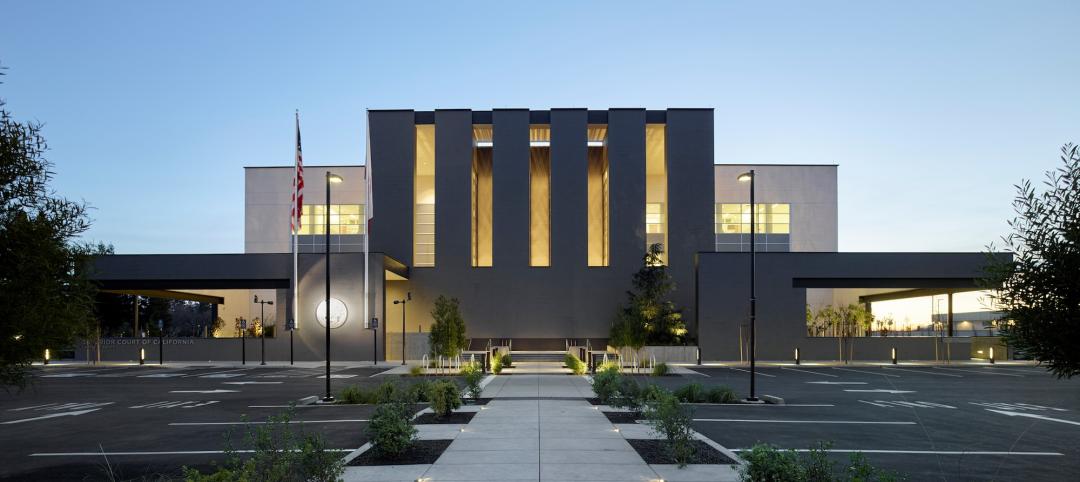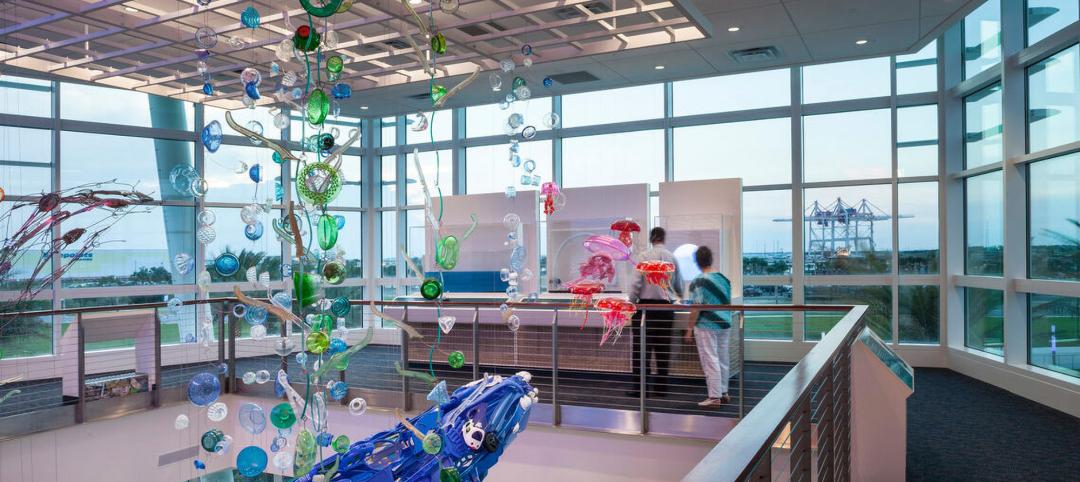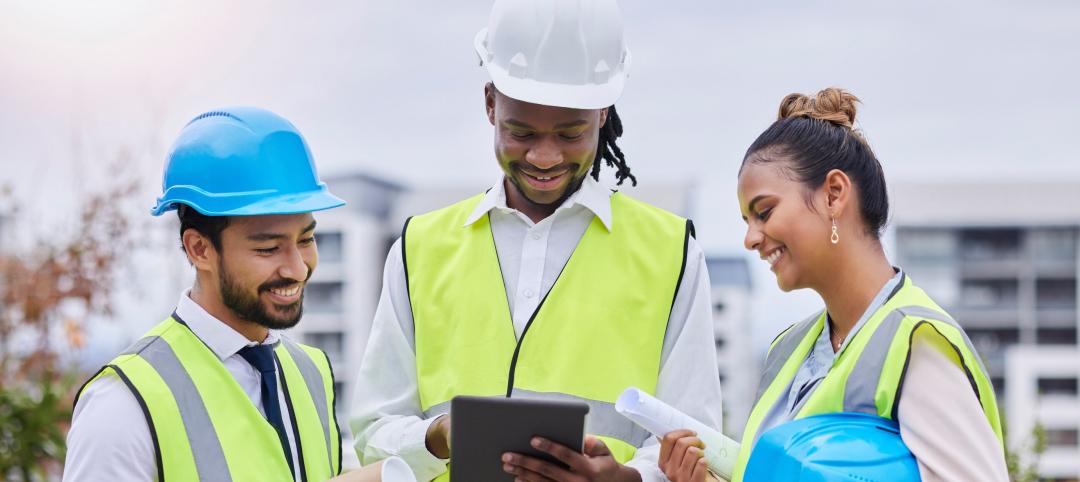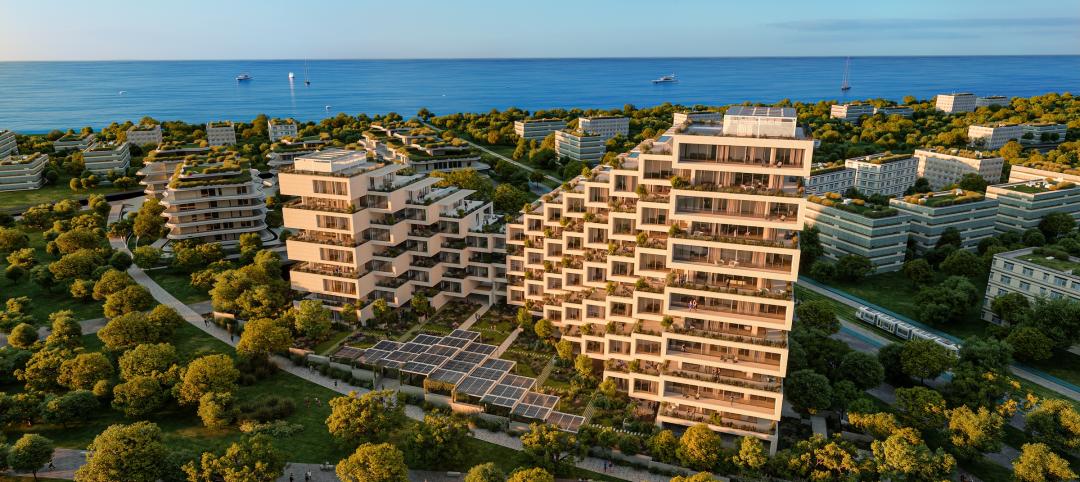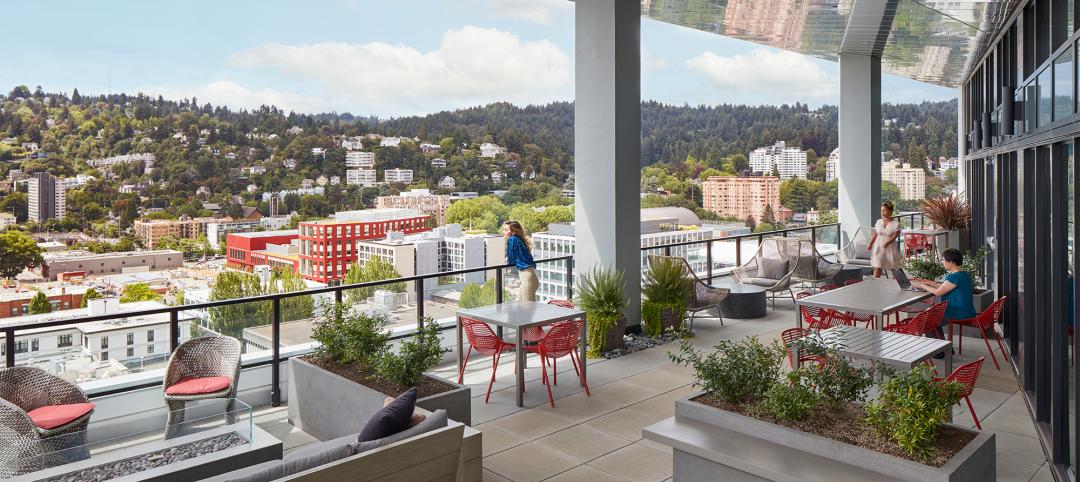Environmentally-sustainable, or “Green,” buildings continue to be firmly on the agenda for real estate owners, developers and corporate owner-occupants. Almost all respondents to the Turner 2010 Green Building Market Barometer expect to incorporate at least some Green features in their next construction project. The potential to reduce energy and operating expenses are the most common drivers for building Green, although many companies are also focused on a broader set of benefits such as increased health and well-being of occupants and the positive impact on brand and corporate reputation. Yet, concerns persist over perceived higher construction costs and the length of the payback period. In addition, respondents continue to look closely at the cost and perceived difficulty of LEED certification.
These are some of the key findings from The Turner Construction Company 2010 Green Building Market Barometer, which is the fifth assessment since 2004 of perceptions about sustainable construction. The 2010 survey gathered the views on Green buildings of 681 executives from a broad range of organizations involved with real estate, including real estate owners, developers and corporate space users, as well as architectural, engineering and construction firms.
The survey polled the participants on the likelihood of undertaking construction or renovation projects; the degree to which companies incorporate Green building features; how companies decide whether to incorporate Green features; and the role of the LEED Green Building Rating system. In addition, for the first time, the survey asked about the extent of commitment to sustainable practices, in general, across organizations.
Key Findings:
Many Companies Expect to Undertake Construction or Renovation Projects
- Among real estate owners, developers, and corporate owner-occupants, 46% of executives said it was extremely or very likely that they would undertake new construction over the next 12 months, while 58% anticipated undertaking a renovation project.
Most Anticipate Incorporating Green Features
- Almost 90% of those executives said it was extremely or very likely that they would incorporate energy efficiency improvements in their new construction or renovation project, while roughly 60% expected to incorporate improvements to water efficiency, indoor environmental quality, and Green materials.
Financial Considerations Most important
- The factors most often rated as extremely or very important when companies decide whether to incorporate Green features were energy efficiency (88%) and ongoing operations and maintenance costs (86%).
- Many companies also considered non-financial factors to be extremely or very important in their decisions to incorporate Green features such as indoor air quality (72%), health and well-being of occupants (72%), and the impact on brand/reputation (67%).
- A payback period of longer than five years for Green features was considered acceptable by 45% % of executives.
Long Payback Period and Higher Construction Costs Pose Obstacles
- Despite the fact that almost half the executives were willing to accept a payback period of longer than five years, roughly two thirds of executives considered the perceived length of the payback period to be an extremely or very significant obstacle to incorporating Green features.
- Roughly two thirds of executives also considered higher construction costs to be an important obstacle to the development of additional Green buildings.
- Half of the executives believed that Green buildings have higher operating and maintenance costs, which they identified as another extremely or very significant obstacle to Green construction.
Views of LEED Certification
- Fifty-three percent of the executives thought it was extremely or very likely that their companies would seek LEED certification if constructing a Green building.
- Executives from real estate owners and corporations with portfolios of one million square feet or more were more likely to seek LEED certification, with 64% saying it was extremely or very likely.
Broad Commitment to Sustainable Practices
- Ninety percent of executives said their companies were at least somewhat committed to following environmentally sustainable practices in areas beyond their real estate portfolios, including 56% of executives who said they were extremely or very committed.
- The reasons most often cited as extremely or very important for companies to commit to following sustainable practices were two financial factors—cost savings (64%) and customer requirements (59%)—and two non-financial factors—impact on brand/reputation (64%) and the belief that “it’s the right thing to do” (63%).
Almost all executives continue to consider incorporating Green features when they undertake a construction or renovation project. Energy efficiency measures were the features that executives would most frequently incorporate in their projects. Investments in improving energy efficiency in their buildings result in substantial savings through lower energy costs and reduced operations and maintenance costs. In addition, most executives would also include Green building features to improve water efficiency and indoor air quality and would employ the use of green materials in their projects. These Green building features provide a wide array of additional benefits that include more satisfied employees, improved health and well-being of occupants, and the positive impact on a company’s corporate brand and reputation.
Despite Economic Conditions, Many Owners Planning to Build
Turner’s 2010 Green Building Survey was conducted in an environment of continuing weakness in the economy, following the financial crisis and economic downturn that began in 2008. Despite these market conditions, when asked about their likelihood to undertake new construction or renovation projects over the next 12 months, many executives who worked for real estate owners, developers, or corporate owner-occupants indicated that they expected to do so. Among these executives, 46% thought it was extremely or very likely that their company would undertake new construction over the coming year, while 58% thought it was likely they would undertake a renovation project. Real estate owners and corporate owner-occupants with real estate portfolios of one million square feet or more were even more likely to anticipate undertaking projects over the next 12 months, with 52% saying they were extremely or very likely to undertake new construction and 73% saying the same about renovation projects.
Related Stories
Architects | Jan 10, 2024
Award-winning civic design firm RossDrulisCusenbery joins DLR Group
DLR Group today announced the acquisition of Sonoma, California based civic and public safety design firm RossDrulisCusenbery (RDC). The addition of RDC adds focused design excellence of new building types to DLR Group’s global Justice+Civic studio.
Museums | Jan 8, 2024
Achieving an ideal visitor experience with the ADROIT approach
Alan Reed, FAIA, LEED AP, shares his strategy for crafting logical, significant visitor experiences: The ADROIT approach.
Designers | Jan 8, 2024
DLR Group adds executive leaders
DLR Group Chief Executive Officer Steven McKay, AIA, RIBA, announced new executive leaders for the 100% employee-owned, globally integrated design firm.
AEC Tech | Jan 8, 2024
What's driving the surge of digital transformation in AEC today?
For centuries, the AEC industry has clung to traditional methods and legacy processes—seated patterns that have bred resistance to change. This has made the adoption of new technologies a slow and hesitant process.
K-12 Schools | Jan 8, 2024
Video: Learn how DLR Group converted two big-box stores into an early education center
Learn how the North Kansas City (Mo.) School District and DLR Group adapted two big-box stores into a 115,000-sf early education center offering services for children with special needs.
Green | Jan 8, 2024
DOE releases RFI on developing national definition for a Zero Emissions Building
The Department of Energy released a Request for Information (RFI) for feedback from industry, academia, research laboratories, government agencies, and other stakeholders on a draft national definition for a Zero Emissions Building.
Codes and Standards | Jan 8, 2024
Australia to be first country to ban engineered stone countertops
In 2024, Australia will be the first country to ban engineered stone countertops. The ban came after a years-long campaign supported by doctors, trade unions, and workers over concerns that the material was causing increased silicosis cases among workers cutting and handling it.
Roofing | Jan 8, 2024
Researchers devise adaptive roof tile concept that adjusts to ambient temperatures
Scientists at the University of California Santa Barbara published a paper that proposes adaptive roof tile technology that can adjust to ambient temperatures. Using a wax motor, tiles could switch from a heating or cooling state enabling savings on heating and cooling costs.
MFPRO+ News | Jan 4, 2024
Bjarke Ingels's curved residential high-rise will anchor a massive urban regeneration project in Greece
In Athens, Greece, Lamda Development has launched Little Athens, the newest residential neighborhood at the Ellinikon, a multiuse development billed as a smart city. Bjarke Ingels Group's 50-meter Park Rise building will serve as Little Athens’ centerpiece.
MFPRO+ Special Reports | Jan 4, 2024
Top 10 trends in multifamily rental housing
Demographic and economic shifts, along with work and lifestyle changes, have made apartment living preferable for a wider range of buyers and renters. These top 10 trends in multifamily housing come from BD+C's 2023 Multifamily Annual Report.


